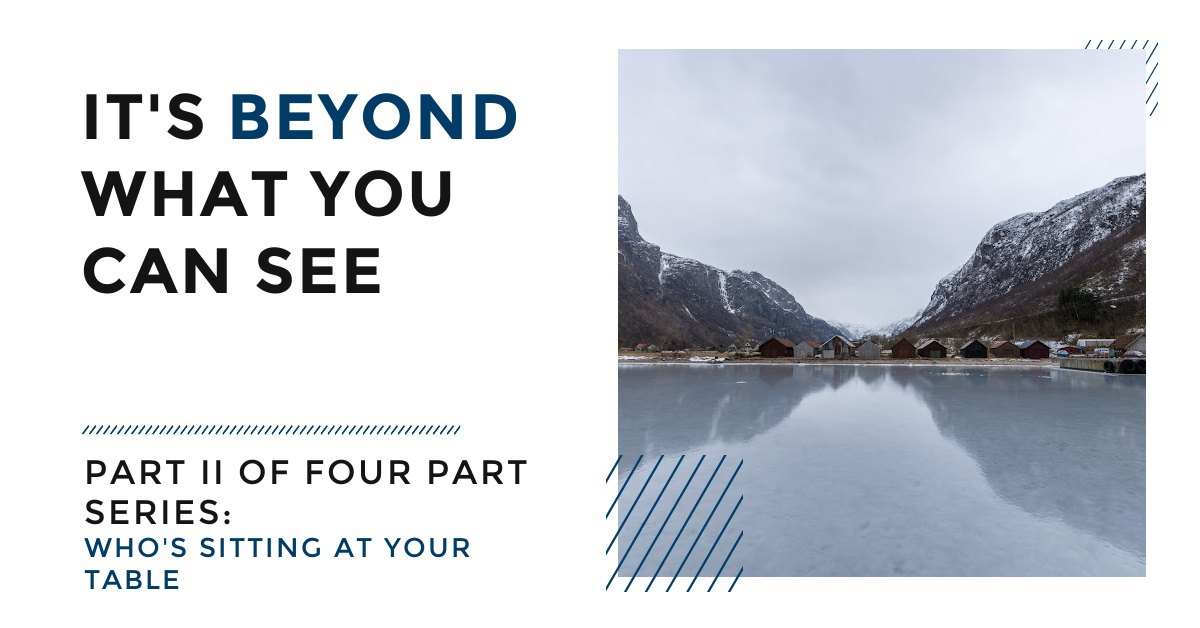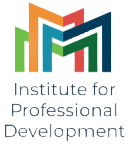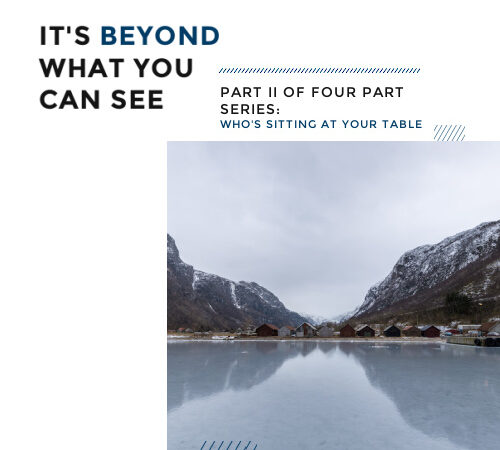
In last month’s article (read it here), I provided an illustration about a dinner party hosted by a person that did not consider who their party guests were, and what they may need to fully enjoy the evening. Some of the guests were gluten free, vegan, or needed halal options, yet there were no alternatives to the menu. It didn’t just stop there — the chairs did not fit all body types, the building was not accessible, some guests were using non-inclusive language, and overall, the party wasn’t the best experience for certain groups of people. If we were to take a close look at this party, we would see that the party was only a great experience for the people that had the most similar experiences and identities as the host. When we’re planning, designing or building something, it’s easy to assume that if something is good for ourselves, then it’s good for everyone.
If we’re not careful we can create a workplace culture that only gives space for people who are the most like us to thrive.
One way that we can combat creating this kind of work culture is by Broadening the Definition of Diversity.
Diversity is the fact that we are all different and bring different things to the table. It is the acknowledgement that our workplace is full of people from different racial backgrounds, ethnic groups, religions, genders, interests, and much more. Expanding our understanding of diversity means looking at people more holistically and looking beyond the pieces of someone that (we believe) is visible. Our identity is not just our race, and age but it is also:
- Ethnicity
- Socio-Economic Status
- Gender
- Sexual Orientation
- Religious or Spiritual Affiliation
- Language
- Body Type
- Education
And so much more! All these identities influence the way that we move through the world, and the privileges that we may have been given or denied. You may be asking yourself the question, “What do these identities have to do with the workplace?” Just about everything.
To ignore or dismiss any piece of a person’s identity is to ignore and dismiss them.
Currently around the world, millions of Muslim people are fasting from food and water from dusk to dawn for Ramadan. As you may imagine, fasting impacts everyone very differently, and while some people may feel more energized overall during Ramadan, some may feel their energy or mood shift while their body is adjusting to fasting. As a colleague or supervisor, the best thing you can do is to educate yourself, be aware, and be ready to make adjustments (if they’re needed). In many cultures, and in many workplaces, a lot of our community building and connection time revolves around food. Whether it’s a team lunch, company potluck, or after work happy hour, we have seen the evidence of how food brings people together. During the month of Ramadan instead of hosting a team lunch or potluck, consider having an optional team community building time outside of the lunch hour so that people fasting can participate without continuously being asked, “Why aren’t you eating?” You could even take it a step further and host Iftar (the main meal during fasting at sundown) for your team. Learning about identities that are different from our own equips us to better understand, serve, and support our colleagues and team.
We must keep in mind that people are not a museum, meaning, we don’t want diversity just because it ‘looks good.’ We need diversity to challenge our ideas, to help us think bigger and more creatively. We need it to make the world and workforce better. However, diversity should always move us to act. Because we have different experiences and different needs, we must do things differently. A good first step is to ask yourself which one of your identities (you can look at the list above) do you think about the most, and which one do you think about the least? Often the social identity that we think of the least is the one that we tend to not consider as much when talking about diversity; therefore, it’s likely an identity that we need to push ourselves to learn more about.
Some of our identities come with unearned privilege, or the denial of privilege.
Here’s an example:
I have been a part of the Christian faith for most of my life, and that comes with a lot of privilege in America. Here’s a few of them:
- I have rarely had to take off work to observe any of my religious holidays or celebrations (Christmas, Good Friday, Easter, etc.).
- In addition to this, I am not pressured to celebrate holidays from another faith.
- I can usually assume that most people are familiar with the core tenants of my religion.
- I often see people of my religion, or my religion positively referenced in many forms of media.
- I can practice my religion without being questioned or mocked.
- My religion is taught or offered as a course by most colleges and universities.
The privileges that I’ve mentioned here are not one’s that people who practice Islam, Hinduism, Judaism, Sikhism, or Shamanism can say that they receive. Because of the domination of Christianity, we assume that religion is a weekend, or Sunday morning practice, when for many people (even within the Christian faith), religion is a daily way of experiencing and looking at the world. Because religion is a part of someone that isn’t always visible to others, we make the mistake of not considering it when building our Diversity, Equity and Inclusion expectations, policies, and procedures.
As we continue to ask the question ‘Who’s Sitting at Your table?’ We must remember that we all are continuously rotating between teaching and learning positions in life. When we have identities that are of the dominant or majority culture, as we broaden our definition of diversity, we must find ourselves spending more time as the learner, and not the teacher. When we see diversity from a more expansive lens, we will take the path of becoming more equitable and inclusive in the workplace and beyond.


